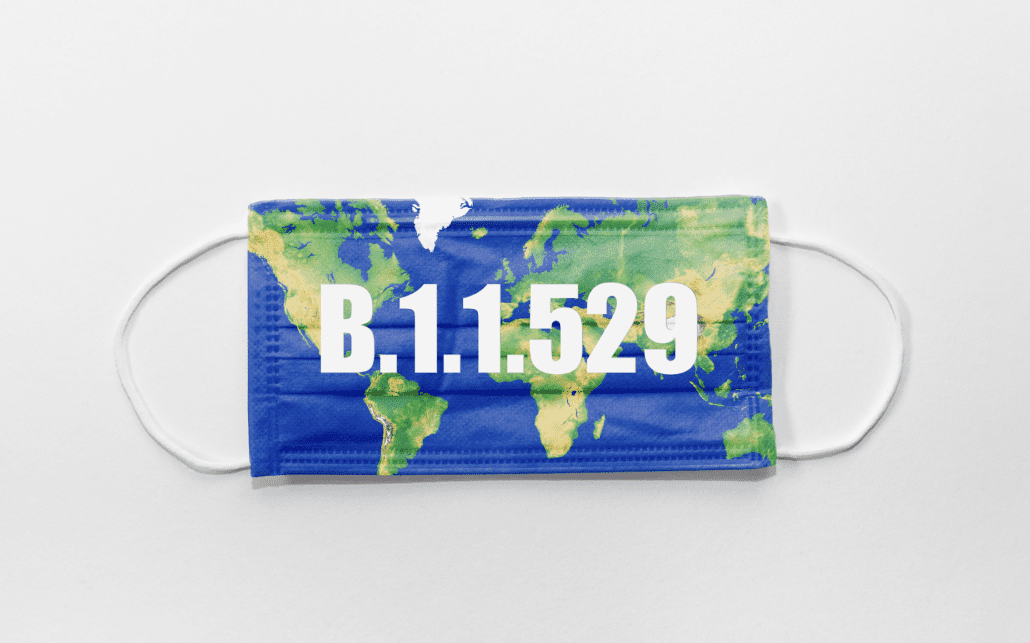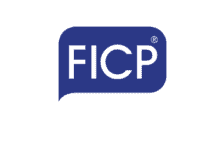The omicron variant of COVID-19 has already caused at least three major event organizers to postpone their European meetings. Will more follow suit in Europe and elsewhere?
The omicron variant of COVID-19, also known as B.1.1.529, that first cropped up in Southern Africa in November has already been detected in dozens of countries around the world, including the United States. While it is unclear at this point exactly how transmissible and/or deadly the new variant may be, the World Health Organization said earlier this week that it posed “very high” risks globally and has called omicron a “variant of concern.”
The delta variant already was causing a rise in cases in Europe and other Northern climes as people begin to gather indoors for the winter. As a result, some countries are beginning to struggle anew to accommodate increased COVID patients needing hospitalization and critical care. Many countries also have reimposed travel restrictions, especially on flights originating in Southern African nations, in hopes of buying time to learn more about the omicron variant before it becomes established in their region.
“The omicron variant is concerning, but before we rush to judgment about how dangerous it is, more data is needed,” warned Dan Richards, CEO of Global Rescue, the leading provider of medical, security, evacuation and travel risk management services.
“At present, there is no indication that omicron is more contagious or lethal than the delta variant or more likely to overcome immunity from vaccination or previous infection,” said Richards, a member of the U.S. Travel and Tourism Advisory Board and the World Travel and Tourism Council.
However, some event organizers don’t have time to wait until more is known before making decisions about the fate of their in-person events.
Omicron Variant Hits WTO, IBC and GBTA Events
Due to the worsening COVID situation in Europe and concerns over the emergency of the new omicron variant, the World Trade Organization postponed its Nov. 30-Dec. 3 conference in Geneva until conditions improve. “My priority is the health and safety of all MC12 participants — ministers, delegates and civil society,” Director-General Ngozi Okonjo-Iweala said. “It is better to err on the side of caution.” About 4,000 trade officials had been expected to gather for the WTO’s 12th ministerial conference, which though normally held every two years hasn’t been held since 2017 due to the pandemic.
Also erring on the side of caution is the International Broadcasting Convention (IBC), which outright cancelled the in-person piece of its show, which had been scheduled for Dec. 3-6 in Amsterdam. The Netherlands had already gone into a partial lockdown for three weeks and was planning to consider renewing it on Dec. 3, just as the IBC show was to kick off. According to the IBC, “The move follows growing concerns about the COVID-19 situation in the Netherlands, which has deteriorated over the past week, and feedback from the IBC exhibitor and visitor community.” The program, which was planned as a hybrid event, instead will go fully digital on IBC’s digital platform. In 2019, the last time the show was held in-person, it attracted approximately 56,000 attendees and 1,700 exhibitors.
The latest COVID event casualty is the Global Business Travel Association (GBTA) European conference, which was scheduled to be held in Berlin Dec. 6–8 and now has been postponed until February 2022.
On the GBTA website, Executive Director Suzanne Neufang said, “Lessons on the return of business travel which were part of the lineup for the GBTA European Conference 2021 in Berlin in partnership with VDR, originally scheduled for next week, will now have to wait a bit longer. Due to the new and dynamic developments around the omicron variant, and newly instated travel and meeting restrictions, GBTA will now be rescheduling the Berlin in-person conference for late February 2022.”
She added, “In a matter of days, the world has seen the rise of the omicron variant as a new factor on the pandemic landscape, which is why public health, resilience and agility must be our new norm in the business travel industry. And as regions and governments around the world assess the potential impact of omicron, GBTA continues to encourage a consistent, thoughtful approach to travel. Actions taken should focus on vaccination or recovery status and individual traveler risk versus broad-reaching travel restrictions or border shutdowns.” In November, GBTA had held a successful in-person convention in Orlando.
How Will the Omicron Variant Affect U.S. Events?
The short answer is that we just don’t know yet. While the first case of the omicron variant has just been detected in the U.S. on Dec. 1, the Biden Administration already has reinstated restrictions that disallow foreign nationals from eight African nations to travel to the U.S.
The U.S. Travel Association, which has been a staunch advocate for the safe return of business and leisure travel, doesn’t think this move is warranted. USTA Executive Vice President of Public Affairs and Policy Tori Emerson Barnes said, “COVID variants are of concern, but closed borders have not prevented their presence in the United States while vaccinations have proven incredibly durable … With a vaccine and testing requirement in place to enter the U.S. we continue to believe that assessing an individual’s risk and health status is the best way to welcome qualified global travelers to the U.S.”
While it is likely we may see more organizers canceling or postponing events in Europe and other areas that are again struggling with increasing COVID caseloads, there is still much that is unknown about what, if any, monkey wrench the new variant could throw at meeting and event organizers. Much will depend on how infectious and dangerous it turns out to be, as well as how effective current vaccines will be in protecting the vaccinated from infection, as well as from serious disease and death. Modern Healthcare offers a good backgrounder on what we know so far about the new omicron variant, as well as when we can expect to have more evidence-based answers.
You Might Also Be Interested In
10 Helpful Web Sites for COVID Planning
Don’t Loosen COVID Precautions Yet
Event Mask Policies: 3 Strategies











